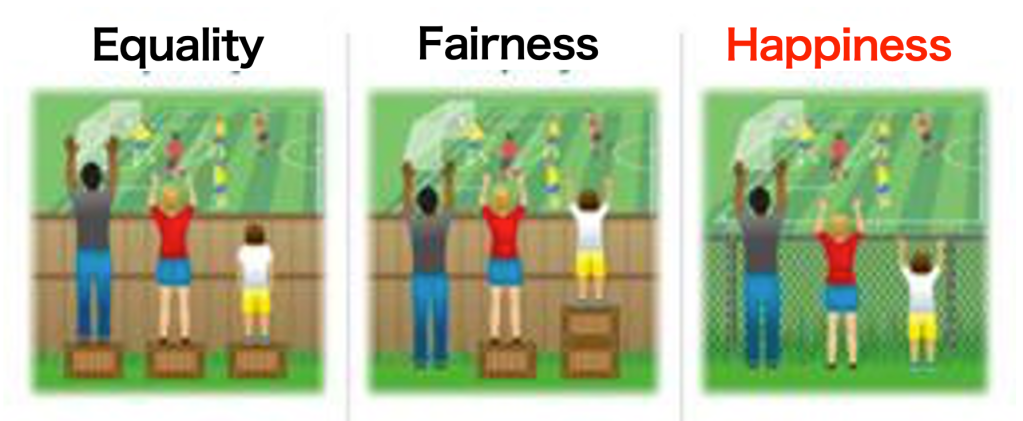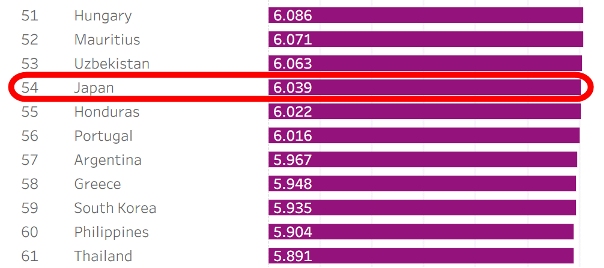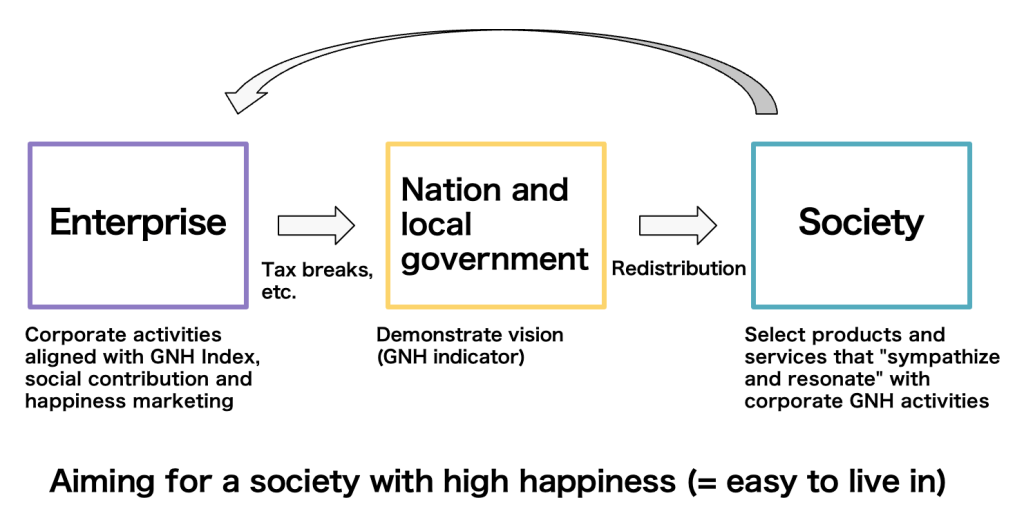The global ideals of freedom, equality, and fraternity
The ideals of freedom, equality, and fraternity are common ideals that the entire world has aspired toward since the French Revolution. These ideals are also enshrined in Chapter 1 of the United Nations Universal Declaration of Human Rights. However, although 200 years have passed since the French Revolution, humanity has still not realized an ideal world based on these values.
Capitalism, which is based on the principle of “free” economic activity, has been criticized for prioritizing the value of money, causing environmental destruction, and exacerbating inequality. Socialism and communism, which purport to champion “equality,” appear to increase the risks of inefficiency, corruption, and totalitarian dictatorships. Freedom and equality are both ideals; however, they are, ironically, also the cause of various social problems and conflicts.
Individuals seeking happiness
It is natural for people to desire to be happy. A society that lacks either freedom or equality is unable to ensure the well-being and happiness of its inhabitants. Each individual is unique and possesses their own personality; however, individuals also belong to their family, society, and, to a large extent, the planet. People are also strongly influenced by the individuals and environments that surround them. Is it really that difficult to aim for both, not just one or the other?
The third ideal: fraternity
The third ideal, fraternity, serves as a link connecting freedom and equality. The individual who cherishes fraternity values both themselves as well as others, as the value of fraternity involves respecting both freedom and equality—that is, it involves respecting both the individual and society. Just because one declares “Fraternity is what is important!” does not mean that the world will become a better place. History shows that the word “fraternity” is often misused. Truly embracing the value of fraternity requires combining wisdom from various areas of life, including politics, economics, society, history, and culture.
The opposite of justice is “another justice”
The confrontation between justice and evil is actually just a confrontation between different definitions of justice; that is, each side thinks that they are just and the other side is evil. Justice is nothing more than a set of values that one believes to be righteous. That is, justice is a relative concept that is defined according to one’s perspective. By changing one’s perspective, it is possible to understand that the confrontation between justice and evil can also be interpreted as two parties fighting over the definition of justice. Forced diversity and wars fought over justice… do you sense the contradictions and vague unease lines contained in these?







